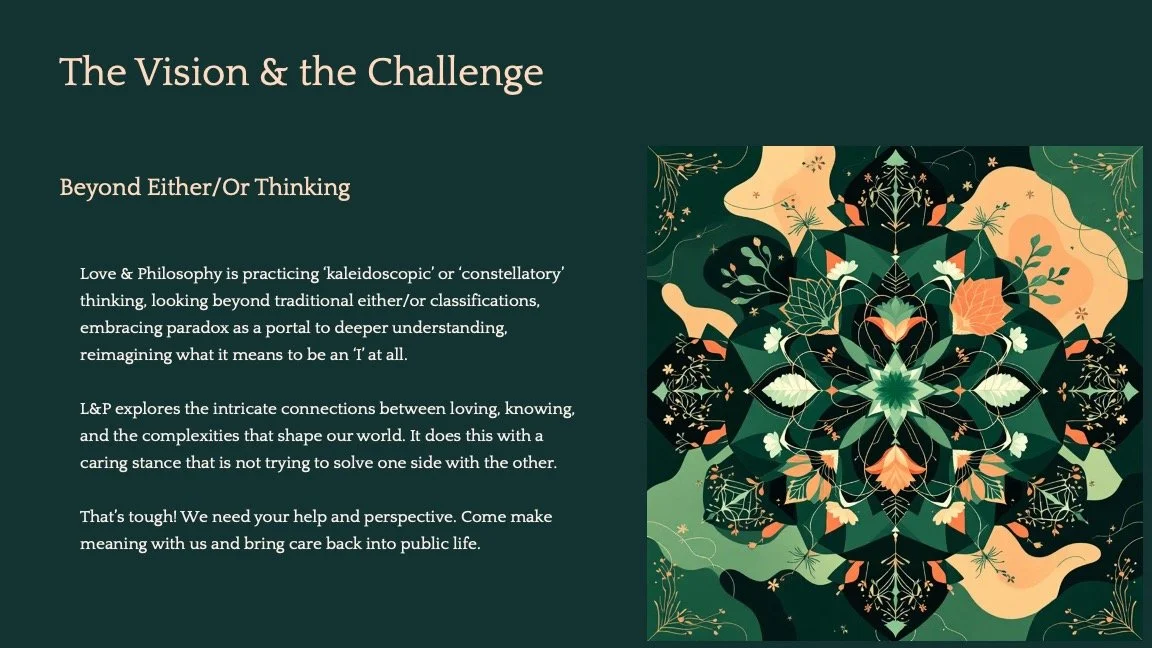Beyond Dichotomy.
Conversations beyond dichotomy. Nurturing care in public life. Thinking kaleidoscopically. Philosophy as a verb. Mostly unscripted. A community project. Started by Andrea Hiott.
FAQ: Andrea’s book ‘Holding Paradox: the navigational approach to mind and consciousness’ is to be published in 2026. The much lighter 44-page Making Ways pamphlet Embracing Paradox is here. If you’re interested in the Making Ways philosophical index, you can sign up for that here. Radical relation paper is here. Deck and scheduling link is here. If you would like to contribute to this project or share ways you have found to move beyond either/or in your work, reach out to us at admin(at)loveandphilosophy.com any time.
Listen on your favorite platform.

Asymmetrical Reconciliation with Iain McGilchrist
On Becoming with Iain McGilchrist and Andrea Hiott

The Spatial Web and Active Inference A.I. with Denise Holt
Spatial web and active inference A.I.

The Song of Life with Richard Watson
The song of life with Richard Watson and philosopher Andrea Hiott
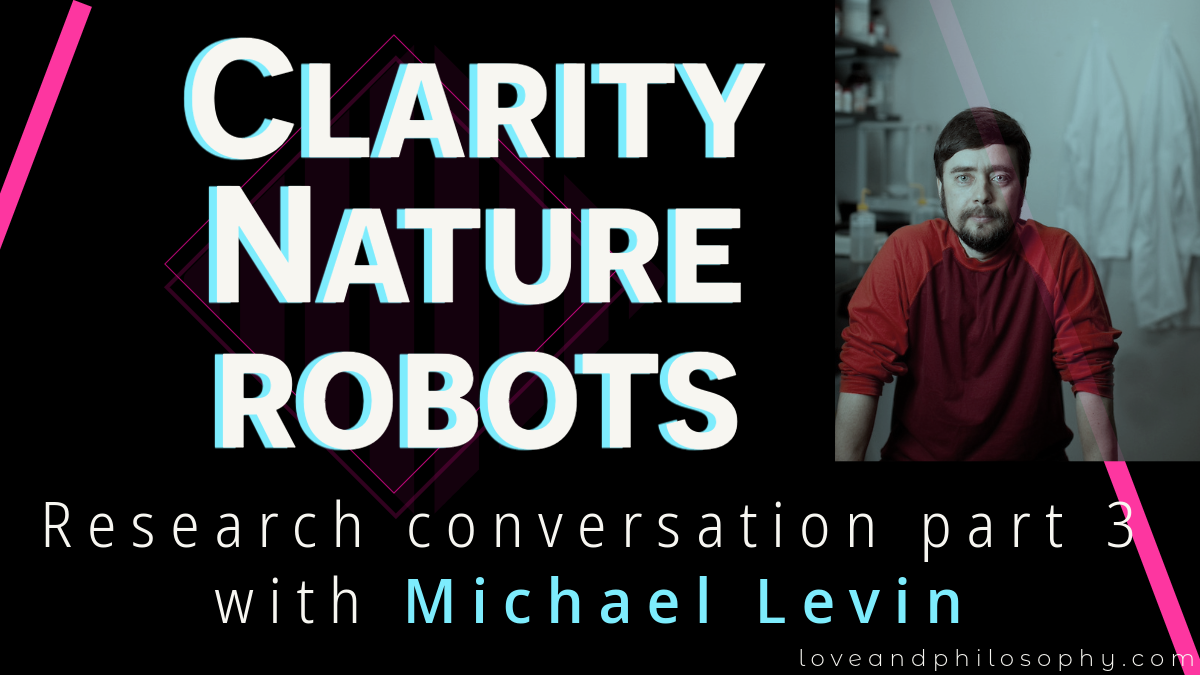
Clarity, Nature, Robots with Mike Levin
Clarity, Nature, Robots with Mike Levin and Andrea Hiott

How do you want to be experienced? One Living System with Cari Taylor
How do you want to be experienced? with Cari Taylor

The Hippocampus as a Cognitive Map: Research Converation Part 2 with Lynn Nadel
Hippocampus as a Cognitive Map
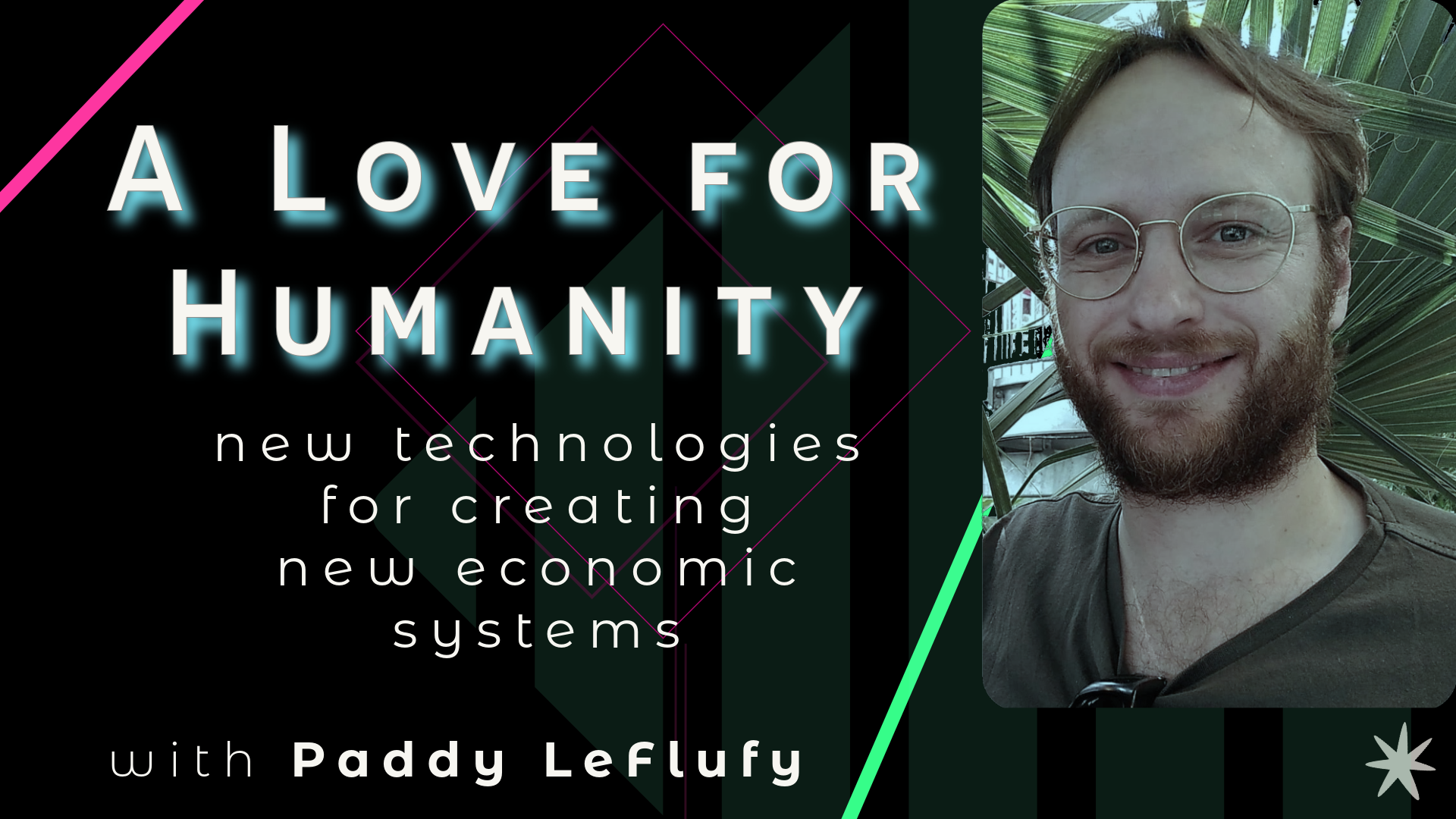
An Economic Love for Humanity with Paddy LeFlufy
An Economic Love for Humanity with Paddy LeFlufy

Higher order math and love with Carlos Zapata Carratalá
Higher order math and love
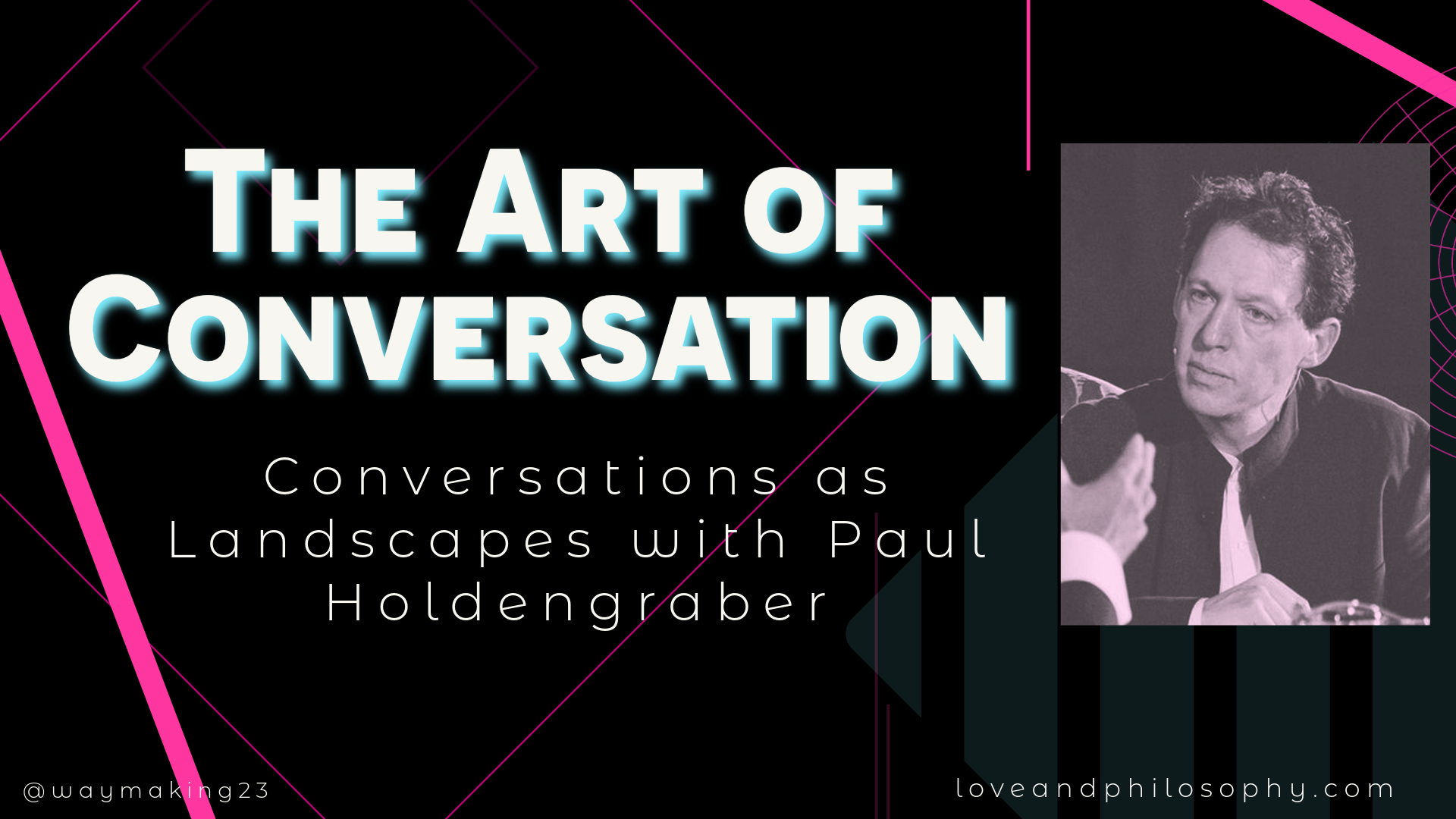
Conversations as Landscapes with Paul Holdengräber
Conversational conductor and curator Paul Holdengraber who has had bestselling conversations with the likes of Werner Herzog, Jay Z, and Rebecca Solnit.
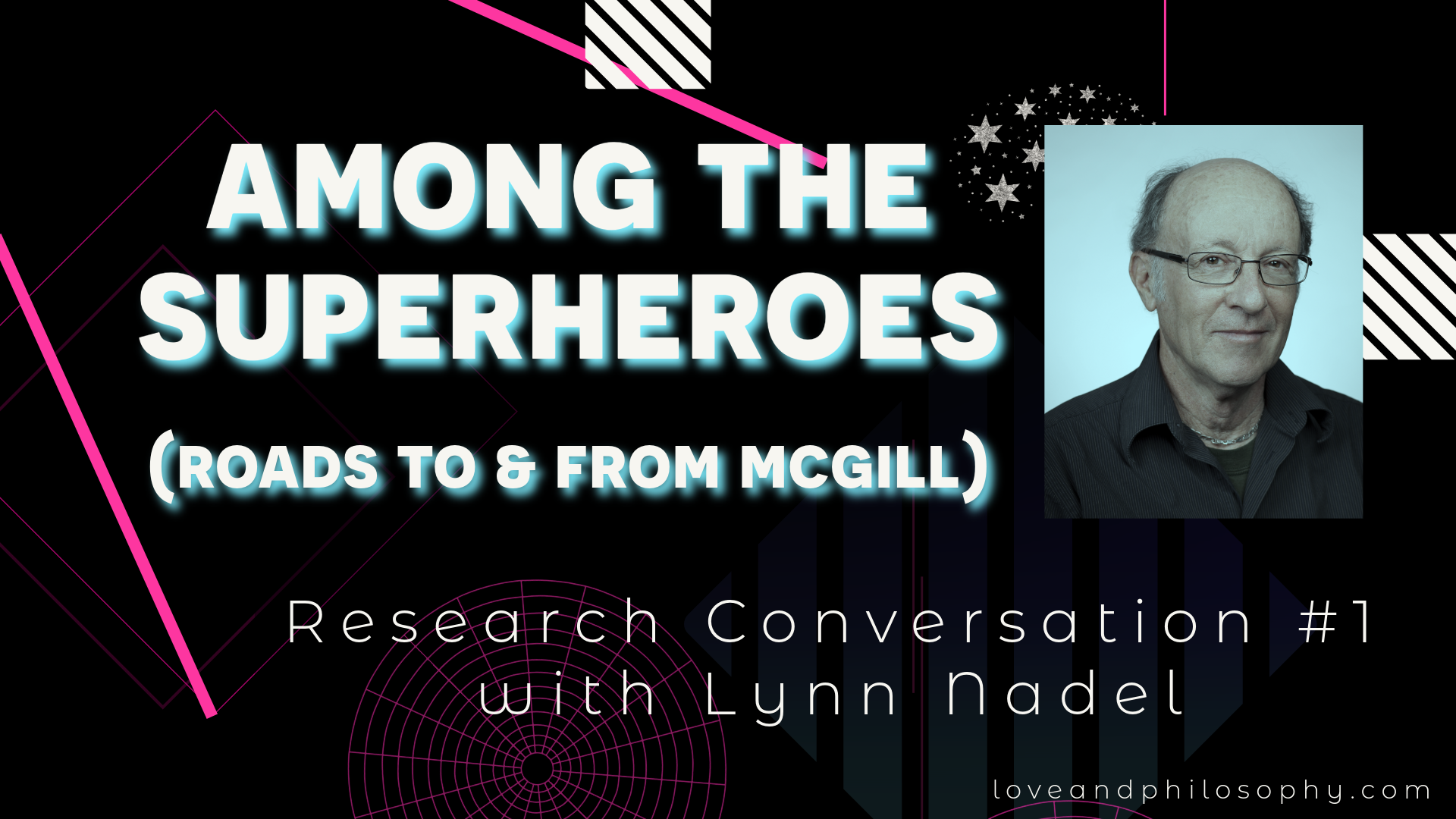
Among the Superheroes From McGill to UCL with Lynn Nadel: Part 1
From McGill university to the University of College London, Lynn Nadel and John O’Keefe write the famous Hippocampus as a Cognitive Map

From Ants to Active Inference with Daniel Ari Friedman
From studying ants with Deborah Gordan to creating the Active Inference Institute with Karl Friston

Elizabeth Anscombe and Ecological Pyschology
Unraveling the Web of Intention: Paper Discussion
An intellectual journey, exploring the intricate relationship between intention, agency, and ecological psychology through Anscombe's philosophical lens.

In Continuum with Mike Levin: Research Conversation Part Two
In Continuum

Scaling Autonomous Self Actualization
scaling autonomous self actualization and how jordan peterson changed a man

Pattern, Meaning & Integration with Jeremy Lent, author of Web of Meaning
Pattern, Meaning and Integration

What can a computer be? with Flora Moon & Esteban Montero
What can a computer be? Where are the boundaries of ecological and technological?

Mutual Transformative Change with Richard Watson
A new harmonious approach to evolution.

Scales & Sci-Fi with Michael Levin
The first of a multi-part way-making research conversation with Tufts biologist Michael Levin. We discuss his own path and how science fiction helped him see beyond dichotomies. We also discuss the scales of cognition and what it might mean to reorient our understandings of life and mind.

The Power of Focus & Precision of Puzzles with C. Thi Nguyen
A conversation with philosopher and author C. Thi Nguyen about the power of focus, the precision of puzzles, porn, art, vulnerability, and the dangers and delights of gaming and playing.
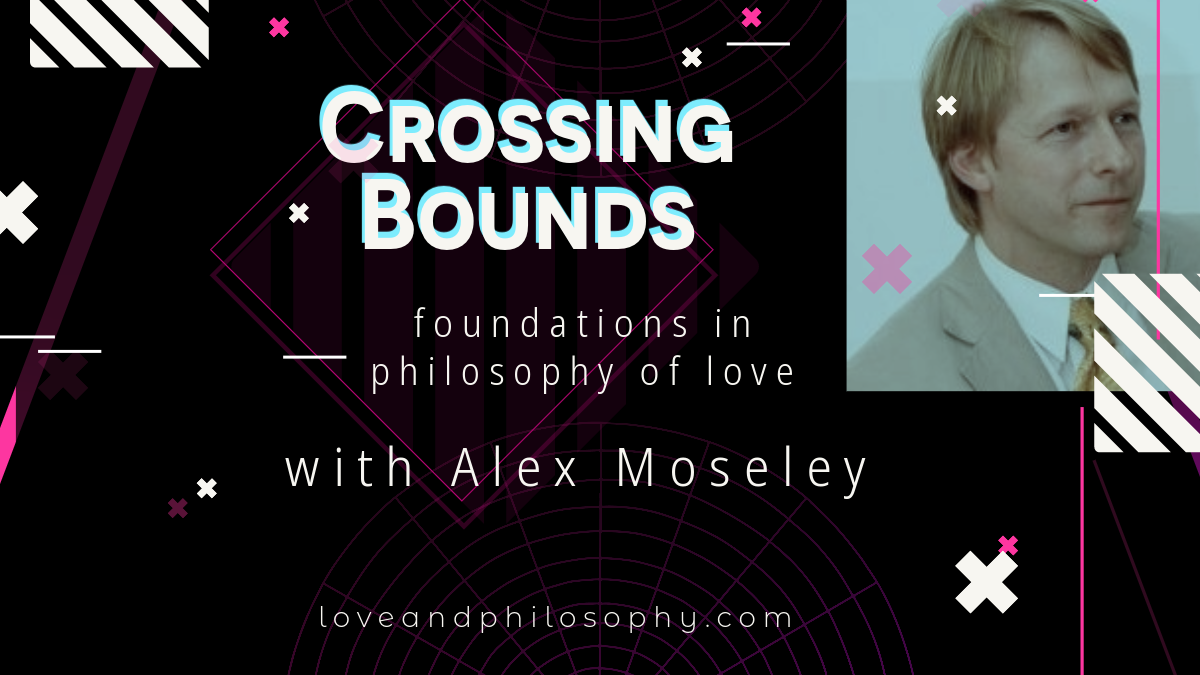
Crossing bounds with Alex Mosley
Transcript preview:
Andrea: [00:00:00] Hey everybody. So glad you're here. Today we're talking to. Professor Alex Mosley. He also wrote the encyclopedia entry for love and philosophy…. Both of us were trained in philosophy, both analytic and continental, but both of us also have a--what shall I say--more explorative side as well...
Check out the Philosophy of Love encyclopedia article here.
Subscribe to our newsletter
Subscribe to our newsletter
Love
Love
It really helps.
The Embrace of Contradiction.
A Light Little Guide for the Times (44 pages)
This is Book One of the Embracing Paradox pamphlet series published by Making Ways. It’s about the ability to hold seemingly contradictory ideas in mind at once, while maintaining motivation and meaning in troubled times.
As F. Scott Fitzgerald wrote: "The test of a first-rate intelligence is the ability to hold two opposed ideas in mind at the same time, and still retain the ability to function." This book is a step in that direction.




